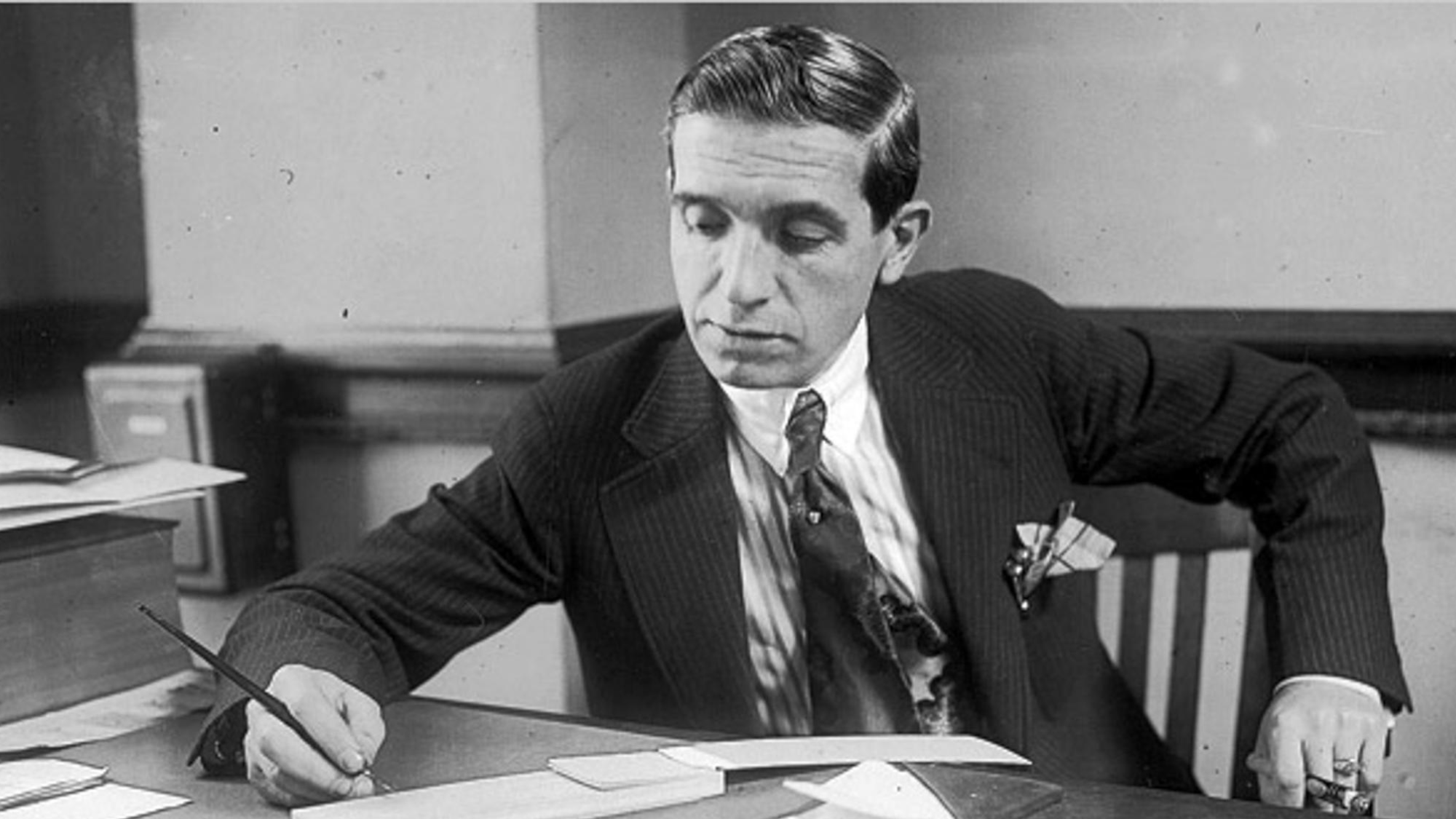The Walking Dead's explosive season 8 premiere
The show is back with a fantastic — if contemplative — opening episode

Midway through "Mercy," the premiere episode of The Walking Dead's eighth season, the camera holds on an abandoned car, the kind of sedan that would've once ferried a family of four off for a fun day at the beach, that has been left to rust on a long stretch of highway. This shot, framed at a distance, lingers silently; every passing second thickens the dread — this once-everyday object, a remnant of life before the undead, becomes increasingly estranged from its environment. We wait for something, anything, to break up the palpable eeriness. Then, finally, the car explodes.
This moment best encapsulates the episode's willingness to slow down and immerse the viewer in the terror of waiting, anticipating a sudden something, anything, that, whatever it is, won't be good. The Walking Dead isn't exactly known for this kind of assiduous slowness, but "Mercy" is a detonation cord of a premiere, focusing mostly on the build-up to what our heroes suppose will be their final battle against Negan (Jeffrey Dean Morgan) and The Saviors. We hopscotch through time, catching glimpses of the battleplan before it's put into motion and catching up with our characters (Daryl, still lookin' good on that Harley? Check), and, tantalizingly, pitching forward to a vision (or a fantasy) of a peaceful tomorrow, where the citizens of Alexandria are decorating for a festival, not building car bombs.
That bomb-blasted sedan is part of the Alexandria-Kingdom-Hilltop survivors' plot to invade The Saviors' Sanctuary: They'll dispatch the Saviors' lookouts at crucial points, and use a series of strategically located explosions to lure a throng of zombies right to Negan's door — which will be wide open, since Rick (Andrew Lincoln), Maggie (Lauren Cohan), and Eziekel (Khary Payton) mount a Trojan Horse of a siege that not only gets the fences down, but forces The Saviors to use up precious ammo. It's a fine strategy, and evidence that our core group of survivors have smartened up tactically (even if having all three leaders in one very vulnerable place is maybe, just maybe, not the wisest course of action). This plan works, surprisingly enough, without a hitch: There's no faux melodrama about a lookout who escapes or a hiccuping detonation; even when Gregory (Xander Berkeley), the erstwhile leader of the Hilltop, appears at the Sanctuary, insisting that any Hilltopper who isn't Team Negan will be kicked out of their homes, nobody defects to the bat-wielding vulgarian.
Subscribe to The Week
Escape your echo chamber. Get the facts behind the news, plus analysis from multiple perspectives.

Sign up for The Week's Free Newsletters
From our morning news briefing to a weekly Good News Newsletter, get the best of The Week delivered directly to your inbox.
From our morning news briefing to a weekly Good News Newsletter, get the best of The Week delivered directly to your inbox.
In fact, the cleanliness of the narrative allows the few Big Emotional Moments to resonate more honestly, and earnestly: Jesus (Tom Payne) proclaims that "the Hilltop stands with Maggie," and the Hilltoppers behind him silently nod, or quip that their houses weren't that great anyway, and it's a sweet, moving little beat within the thudding drums of war. Even a fleeting hug between Carol (Melissa McBride) and Daryl (Norman Reedus) before they each depart to assume battle-stations reminds us, in a small way, that there is a human cost to all this fighting. The episode's odd, elliptical structure allows for brief, yet illuminative, character moments like Tara (Alanna Masterson) casually chomping on some licorice to alleviate the tedium of waiting for the walker horde to approach, or Morgan (Lennie James), the recovering peacenik who must compromise his hard-fought sense of decency and stab a lookout through the guts with a sharpened bow-staff, sitting on a curb, head in hands.
These aren't terribly profound moments, of course, but they're effective at establishing the sort of silent moodiness that The Walking Dead, at its best, does so very well; even the cinematography, which gives each shot a bleached, grainy look, is suitably broody. One of the repeating flash-forwards holds a claustrophobic close-up on future Rick's tearful, red-rimmed eyes (evidence that this is most definitely not the last battle against The Saviors), as he mutters to himself. Though Rick isn't exactly my most cherished character, Andrew Lincoln is deft at conveying Rick's defining mix of Gary Cooper-esque earnestness and cocksure certainty.
Even Carl (Chandler Riggs) gets his own mini-arc, encountering a fellow (and much less prepared) scavenger at a gas station. Rick chases the other man off, assuring his son — in a very henpecked kind of way that suggests his shoot-first-ask-questions-never approach has rankled the more tender-hearted teenager — that he "shot above his head." Later, Carl will return to that gas station with two cans of beans and a note that reads, simply, "Sorry." Ironically, "Mercy" elicits the greatest depth of feeling when it's not trying too hard to wrench the pathos out of a situation. Carl's note is more moving, and more meaningful, than Rick's pre-battle speechifying about the better tomorrow everyone needs to start living today, because it conveys the fundamental decency of our survivors — and that decency, rare in a world where men like Negan can impose their own cruel versions of law and order, is exactly what they're fighting, even dying, to protect.
In the lead-up to the siege on the Sanctuary, Rick, Ezekiel, and Maggie, each speak to the assembled crowd — Rick and Ezekiel deliver grandiloquent monologues (of course), but Maggie, clearly fumble-tongued and nervous at being on the spot, reminds her group that they've practiced and trained for this. If this episode has one singular failing, it's that none of those elliptical toggles through time settle on Maggie — for whom the stakes of this battle are much, much higher than they are for anyone else. In a few casual lines of dialogue, we learn that Maggie is in her second trimester (though the costume department has yet to fit Lauren Cohan with any kind of telltale bump); Negan murdered her husband, and the father of her child, right in front of her; he has also expressed an interest in her (Jeffrey Dean Morgan says the words, "the widow," like he's ordering a choice sirloin). After being defined mostly through her relationships with her father, sister, and husband (all of whom are dead now), she is now a community leader, and apparently a damn good one. Her story is rich with natural narrative tension and momentum, and Lauren Cohan is an adroit, charismatic performer — yet the show has continually neglected Maggie to zero in on Rick's epic, unending man-pain.
This reflects one of The Walking Dead's most unfortunate failings: Its supporting characters, mostly women and people of color, are vastly more compelling than its protagonist, yet the show consistently privileges Rick's All American White Dude brooding over their stories. When Rick repeatedly insists, over the course of the episode, that "it's not about me" (it, being this war with Negan), he's perpetuating a wholly unintentional meta-joke — of course it's about him, it's always about him. When the walker horde has overtaken the Sanctuary and the only sensible, skin-saving (literally) option is to run for his life, Rick keeps shooting at Negan. Until, that is, Father Gabriel (Seth Gilliam), whose own character arc of sniveling coward to communal sage and hesitant warrior merits more screentime, takes him by the shoulder and leads him from the fray.
Naturally, Father Gabriel's good deed goes severely punished — he and Rick get separated, and he is left to watch helplessly as Gregory steals the last getaway car outta dodge. He manages to stumble and fight his way into a safe room inside the Sanctuary's walls. But as soon as he catches his breath, he hears that signature Negan rumble-growl of a voice. If Team Survivors' successful (for now, at least) siege against Team Saviors was this rather contemplative episode's first big explosion, then this moment is the second wild kaboom. Next week's episode will start at a high point of terror and tension, and, hopefully, with a look at how the war is (quite directly) affecting a character who isn't Rick Grimes.
A free daily email with the biggest news stories of the day – and the best features from TheWeek.com
Laura Bogart is a featured writer for Salon and a regular contributor to DAME magazine. Her work has appeared in The Atlantic, CityLab, The Guardian, SPIN, Complex, IndieWire, GOOD, and Refinery29, among other publications. Her first novel, Don't You Know That I Love You?, is forthcoming from Dzanc.
-
 Easy Money: the Charles Ponzi Story – an 'enlightening' podcast
Easy Money: the Charles Ponzi Story – an 'enlightening' podcastThe Week Recommends Apple Original podcast explores the 'fascinating' tale of the man who gave the investment scam its name
-
 See the bright lights from these 7 big-city hotels
See the bright lights from these 7 big-city hotelsThe Week Recommends Immerse yourself in culture, history and nightlife
-
 Scientists want to regrow human limbs. Salamanders could lead the way.
Scientists want to regrow human limbs. Salamanders could lead the way.Under the radar Humans may already have the genetic mechanism necessary
-
 Walter Isaacson's 'Elon Musk' can 'scarcely contain its subject'
Walter Isaacson's 'Elon Musk' can 'scarcely contain its subject'The latest biography on the elusive tech mogul is causing a stir among critics
-
 Welcome to the new TheWeek.com!
Welcome to the new TheWeek.com!The Explainer Please allow us to reintroduce ourselves
-
 The Oscars finale was a heartless disaster
The Oscars finale was a heartless disasterThe Explainer A calculated attempt at emotional manipulation goes very wrong
-
 Most awkward awards show ever?
Most awkward awards show ever?The Explainer The best, worst, and most shocking moments from a chaotic Golden Globes
-
 The possible silver lining to the Warner Bros. deal
The possible silver lining to the Warner Bros. dealThe Explainer Could what's terrible for theaters be good for creators?
-
 Jeffrey Wright is the new 'narrator voice'
Jeffrey Wright is the new 'narrator voice'The Explainer Move over, Sam Elliott and Morgan Freeman
-
 This week's literary events are the biggest award shows of 2020
This week's literary events are the biggest award shows of 2020feature So long, Oscar. Hello, Booker.
-
 What She Dies Tomorrow can teach us about our unshakable obsession with mortality
What She Dies Tomorrow can teach us about our unshakable obsession with mortalityThe Explainer This film isn't about the pandemic. But it can help viewers confront their fears about death.
